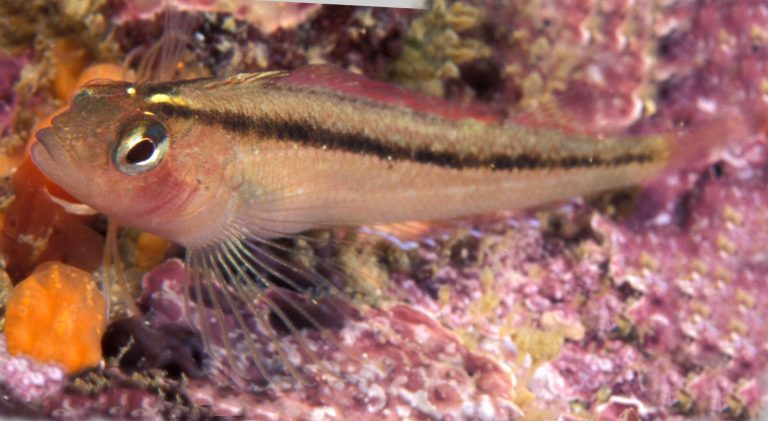More grim news for divers of the future: ocean acidification will reduce fish diversity significantly, with small ‘weedy’ species – the equivalent of what are regarded as ‘vermin’ on land – dominating marine environments, according to the Environment Institute at South Australia’s University of Adelaide.
.jpg)
Scientists have studied the impact of climate change on the oceans for several decades, but most previous experiments have focused on individual species in the laboratory rather than entire eco-systems in a natural setting.
The researchers spent three years studying species interactions at underwater volcanic vents in New Zealand, where carbon dioxide concentrations match those predicted for oceans at the end of the 21st century. They then compared these with species interactions in adjacent marine environments with current CO2 levels.
In the high-CO2 environments one or two species of the smaller, behaviourally dominant fish thrived – while the less-aggressive and less-common species disappeared.
Project leader Professor Ivan Nagelkerken said that at the same time acidification was transforming eco-systems from kelp to low grassy turf, making it more difficult to sustain intermediate predators that had traditionally helped to keep weedy species under control.
“On land we would refer to weedy species like cockroaches, mice and ants,” he said.
“Under water you see the same thing – a lot of species are very sensitive and attached to one specific type of habitat, while other species are very adaptable in what they eat and how they use their habitats.”
Prof Nagelkerten said that although total numbers of fish could increase with ocean acidification, local biodiversity would be lost. The study had concentrated on small fish at the lower level of the food web, and he now wants to test the findings on larger fish species on which humans depend for protein.
Acidification effects combined with overfishing of many predatory species was likely to have a double impact on ocean biodiversity, said Prof Nagelkerten.
“If we take out the predatory fish that feed on these weedy species you get explosions, and the only way to keep those down is by reducing the overfishing of those important predatory species, and that’s a big issue,” he said.
“We hear so many stories about how we are emptying the oceans but now we are showing another effect – if you remove those predatory species there is even more danger from climate-change.
“So there is an interaction there between overfishing and the impacts from climate change and that’s pretty new – it hasn’t been identified in other studies.”
The report “Species Interactions Drive Fish Biodiversity Loss in a High-CO2 World” has just been published in Current Biology.
Divernet – The Biggest Online Resource for Scuba Divers
17-Jul-17

